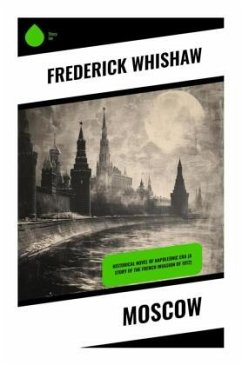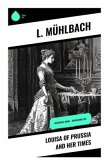In "Moscow," Frederick Whishaw weaves a rich tapestry of life in the Russian capital during a period of significant social and political change. The novel is characterized by its vivid prose and keen observational style, offering deep psychological insights into its characters while navigating the complexities of urban existence. Whishaw employs a blend of realism and lyrical intensity, allowing readers to immerse themselves in the intricate dynamics of Moscow society, mirroring historical events and personal struggles that reflect the broader cultural landscape of 19th-century Russia. Frederick Whishaw, a notable figure in Victorian literature, was influenced by his travels and experiences throughout Europe, including his time in Russia. His keen interest in social justice and human psychology informed his writing, propelling him to explore the nuances of human relationships against the backdrop of societal constraints. Whishaw's unique perspective as an outsider lends authenticity to his portrayal of Moscow, enriching the narrative with a sense of urgency and empathy. "Moscow" is a compelling read for anyone interested in the intersection of history and literature, as it provides both a captivating story and profound social commentary. Readers will find themselves drawn into Whishaw's exploration of love, loss, and resilience in a city that is as vibrant as it is unforgiving, making this novel a significant addition to the canon of 19th-century literature.
Bitte wählen Sie Ihr Anliegen aus.
Rechnungen
Retourenschein anfordern
Bestellstatus
Storno








